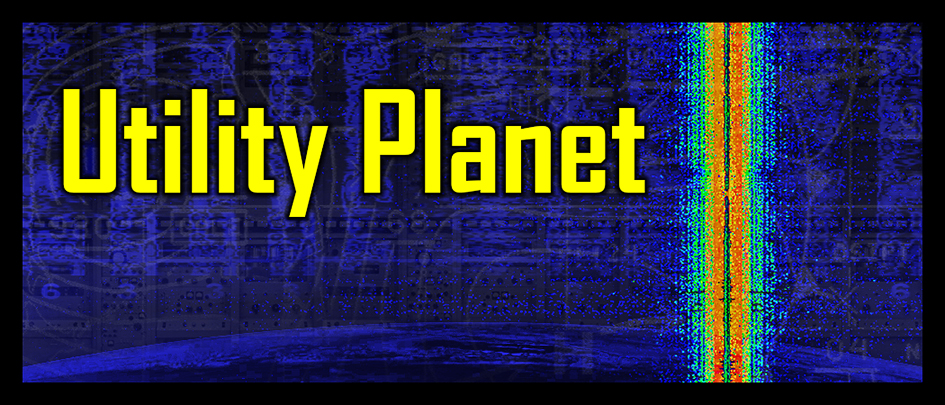

|
the official web site |
Solar X-rays: ![]() Geomagnetic Field:
Geomagnetic Field: ![]() (from n3kl.org)
(from n3kl.org)
Features:
(26 January 2019)
HFDL has changed the system table again. It's number 51. Most, if not all, ground stations have started using it. This makes everything a lot simpler for us. The new pchfdl.dat file is available in all the usual places. The striking feature of table 51 (or 33 in hexadecimal) is the additon of a new ground station. It is number 10, and it lists as MUAN - SOUTH KOREA. Sometimes, PC-HFDL lists it as "UNKNOWN," but newer initialization files have fixed this. When I get one that does this, and everything settles down for a while, there's no reason I can't go back to having the file on this site. Muan is a town and airport in the extreme southwest of Korea. Google Earth does show an antenna farm under construction. No one's heard the station yet, as of late January.
Nothing terrible happens if you initialize with the "wrong" file, or none at all, except that frequencies show in the decoded squitters as fairly meaningless serial numbers instead of kilohertz.
(Revised 02 January 2018)
The Utility Planet column has a blog, a YouTube channel, a twitter account, and a web site. This site is updated, probably not often as I would like, but it DOES get updated.
Utility World lives on in the various file names and addresses, since it's simpler than changing everything.
We're keeping up with social media. In 2013, I started a YouTube channel. My twitter account is @UtilityWorld. I'm not on it as much as I used to be, but it always stirs things up when I do appear. I follow some pretty heavy duty radio people, and a whole bunch of emergency agencies. There is also a new, easier-to-remember e-mail address. It is mtutility world [a circular character used in e-mail addresses] gmail.com.
A couple of years ago, I started a blog. Originally, it was good for quick updates of fast-changing situations that would not be timely in a print edition with a 2 month lead time. Our new electronic TSM has reduced this time to more like a couple of weeks, but the blog still has its advantages. It's good for longer features, announcements, or things that don't really work in a monthly column. The blog has been well received, and it gets a lot of attention.
Link to the blog is http://mt-utility.blogspot.com/.
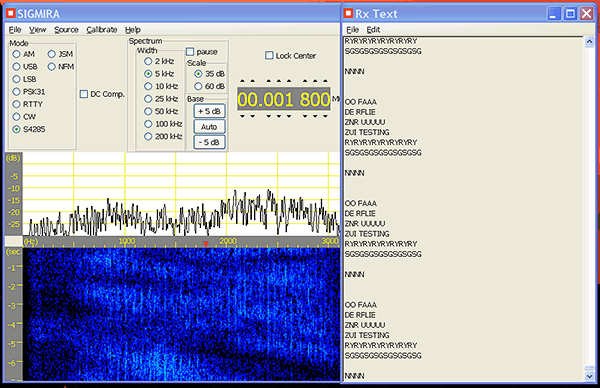
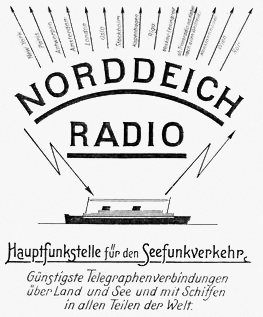
Some of my better sound captures, from around 1985 to the present.
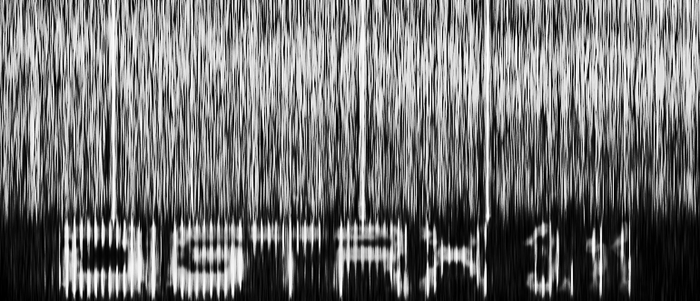
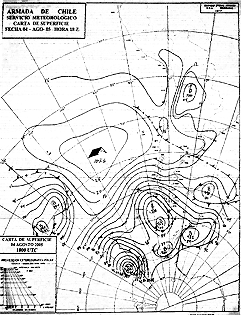
All radiofaxes are reduced versions of pictures received in Southern California (unless listed otherwise) after 2004.
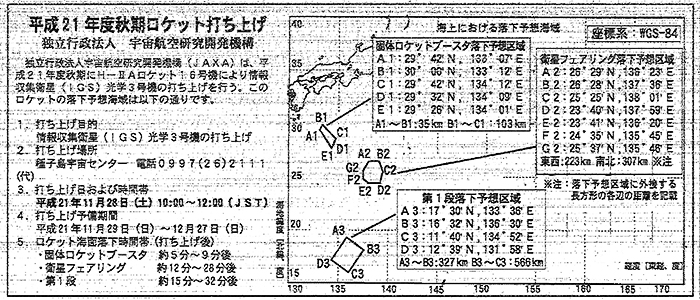

SDR captures are made on a WiNRADiO Excalibur Pro at the usual location in Southern California. A look around the World Wide Web will turn up other waterfalls, audio decodes, and even some DDC recordings. This is one of the best uses for SDRs in utility DXing.
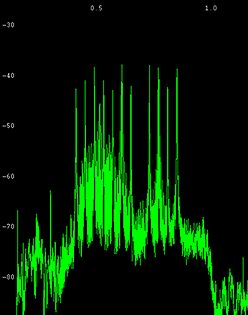
These are way cool. They really show what goes on in the different utility modes. Many have links to the brief sound files which made them, so you can listen too.
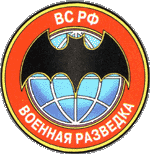
(2001-2012)
In previous years, national security crises have sometimes led overzealous US Government officials to target harmless ham radio or utility hobbyists. Therefore, it is imperative that people in these hobbies make it clear which side they are on. We've helped secure this country in the past, and we'd like to again if the need comes up.
Even in the "pre-9/11" USA, laws and temporary measures were ocasionally passed that severely restricted freedom to listen, and on one occasion even confiscated equipment. Furthermore, the original US Communications Act and certain sections of the later ECPA also remain in place, and lax enforcement should not be taken for their irrelevance. Basically, the law of the land protects the secrecy of all radio traffic not explicitly intended for the public. Most other countries are stricter than the US, and we'd really like to keep it that way. Common sense remains a very useful guide. When in doubt, leave it out.
Keep in mind that short wave radio is an extremely ambiguous medium, which gives few reliable clues as to the exact nature of strange signals. While some of these are undoubtedly just what one suspects they are, there's plenty of room for misunderstanding. Beware of fake communications, exercises, misinterpretation of code words or accents, and hoaxes perpetrated to whip up panic or xenophobia. These have happened before, they are happening right now, and they are sure to happen again. But if a VERY carefully considered and documented analysis tells you that you've run across something real, seriously consider contacting relevant authorities, carefully explaining yourself and what you do, and noting that you have encountered suspicious communication without giving details until they are requested. More than one spy has been shut down this way, even in the era of satellites and Internet.
Far as security holes go, there will never intentionally be one here. Information comes from unclassified sources, even if these become classified at a future time. Furthermore, it is a fundamental policy of Utility Planet not to report frequencies, call signs, or activities from such sensitive areas as the Persian Gulf and Afghanistan. This hobby is plenty of fun without endangering our military.
A utility is the jargon for any radio station on the short wave band that is not for the public's entertainment or hobby. All those huge gaps on your shortwave radio, the ones between broadcast and amateur bands, are utility bands allocated by international treaties.
The word "utility" comes more or less from the original Latin for "usefulness." With very few exceptions, these radio communications are most certainly being used as part of some mission or task, known or unknown.
Utilities are harder to hear than broadcasts, but they're way more fun. You'll find all the world's militaries, ships, aircraft, spies, bootleggers, embassies, and anyone else who needs to communicate over the horizon. While satellites are often primary, the failure of Galaxy IV shows once again why many people want a shortwave backup. If your radio has a "USB" or "CW" setting, you're ready to give utilities a try.
The Utility Planet column and its web site are intended as friendly, jargon-free clearinghouses for utility information, so you'll hear more signals and fewer odd noises. In other words, you folks write both of them.
CU on the bands!
back to top
All content Copyright © Hugh Stegman 1998-2019